People
Principal investigator
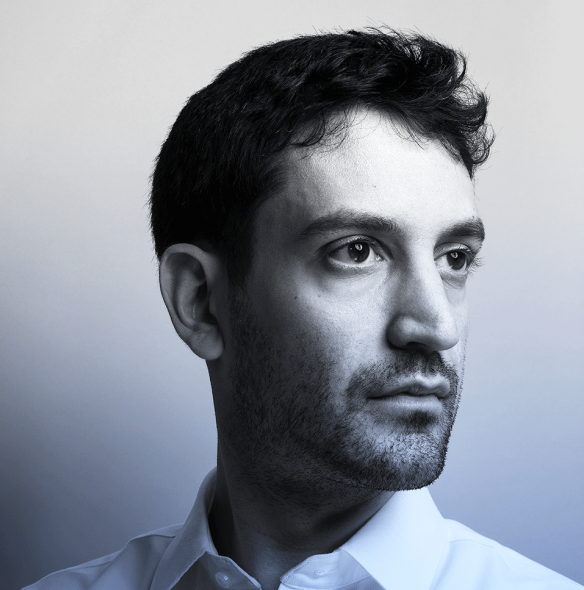
Brenden Lake. Brenden is an Associate Professor of Computer Science and Psychology at Princeton University. He received his M.S. and B.S. in Symbolic Systems from Stanford University in 2009, and his Ph.D. in Cognitive Science from MIT in 2014. He was a postdoctoral Data Science Fellow at NYU from 2014-2017, and then an Assistant/Associate Professor at NYU from 2017-2025. Brenden’s research use advances in machine intelligence to better understand human intelligence, and use insights from human intelligence to develop more fruitful kinds of machine intelligence. [Website]
Postdoctoral researchers
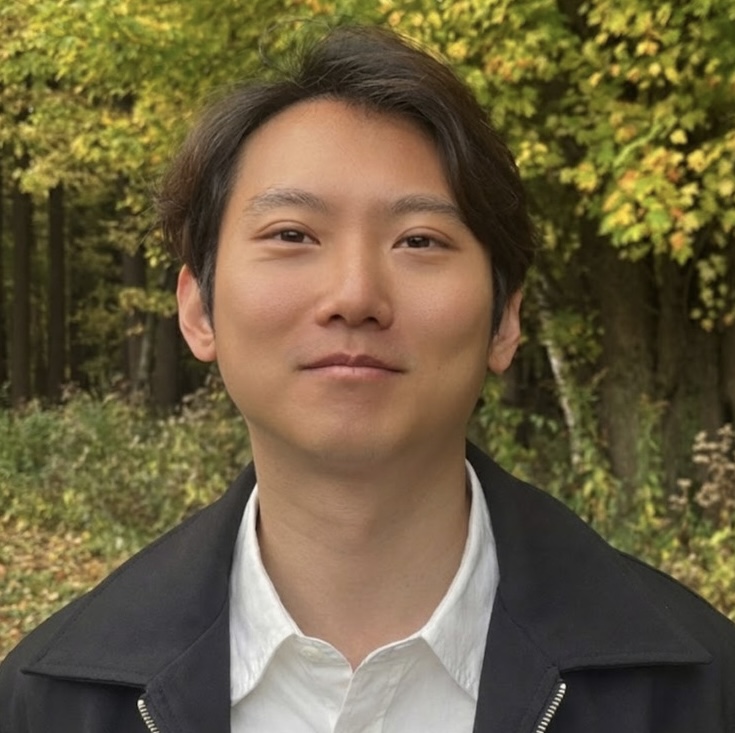
Changho Shin. Changho is a postdoctoral research associate in the Department of Computer Science at Princeton. He is interested in data-centric approaches to learning, particularly how learning systems can exceed imperfect supervision by exploiting structure in data. His research focuses on understanding human inductive biases and using them to develop more capable learning systems through data-centric approaches. Prior to joining the lab, Changho obtained his Ph.D. in Computer Sciences from the University of Wisconsin–Madison, where he studied learning from imperfect and weak signals. He completed his B.A. in Psychology and B.S. in Computer Science at Seoul National University. [Website]
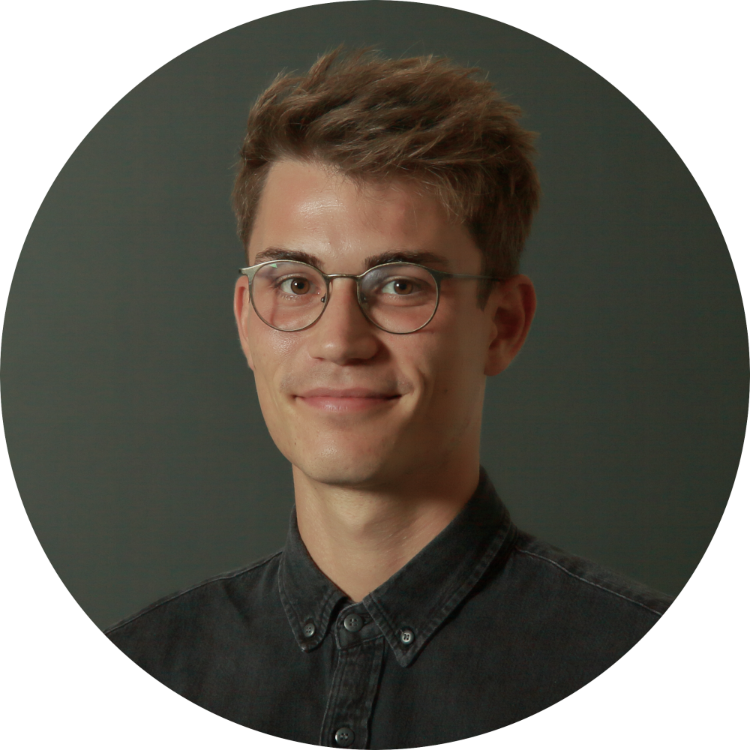
Simon Schug. Simon is a postdoctoral research associate in the Department of Computer Science at Princeton. He is interested in understanding the principles that underlie intelligence and how large-scale neural networks can serve as a substrate for it. Prior to joining the lab, Simon obtained a Ph.D. in Computer Science from ETH Zurich in 2025, where he researched meta-learning and compositional generalization. During his doctorate he spent time as a researcher at Google DeepMind. He completed his Master’s thesis at the University of Cambridge and received an M.Sc. in Neural Systems & Computation from ETH Zurich and UZH in 2020, after having simultaneously pursued and obtained B.Sc. degrees in both Electrical Engineering and Psychology from RWTH Aachen in 2017. [Website]
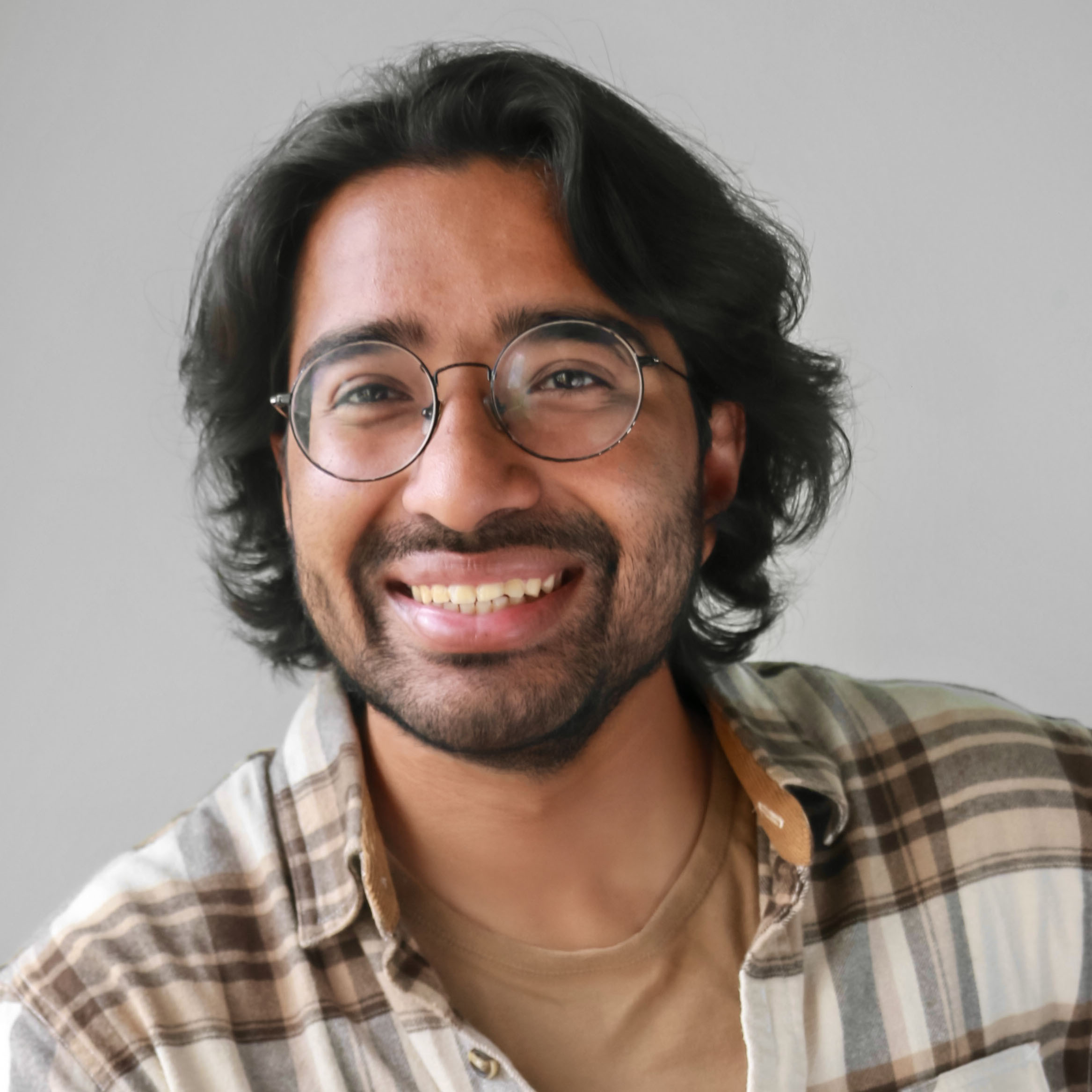
Akshay K. Jagadish Akshay is a postdoctoral research fellow at the Princeton AI Lab. His research takes two complementary approaches to study natural and artificial minds: 1) Building scalable, sub-symbolic models of human (and machine) cognitive function using frameworks such as meta-learning, ecological adaptation, and resource-rationality. 2) Developing AI-driven methods to accelerate the discovery of interpretable symbolic programs of human (and machine) behavior and their internal representations. [Website]
Lab affiliates
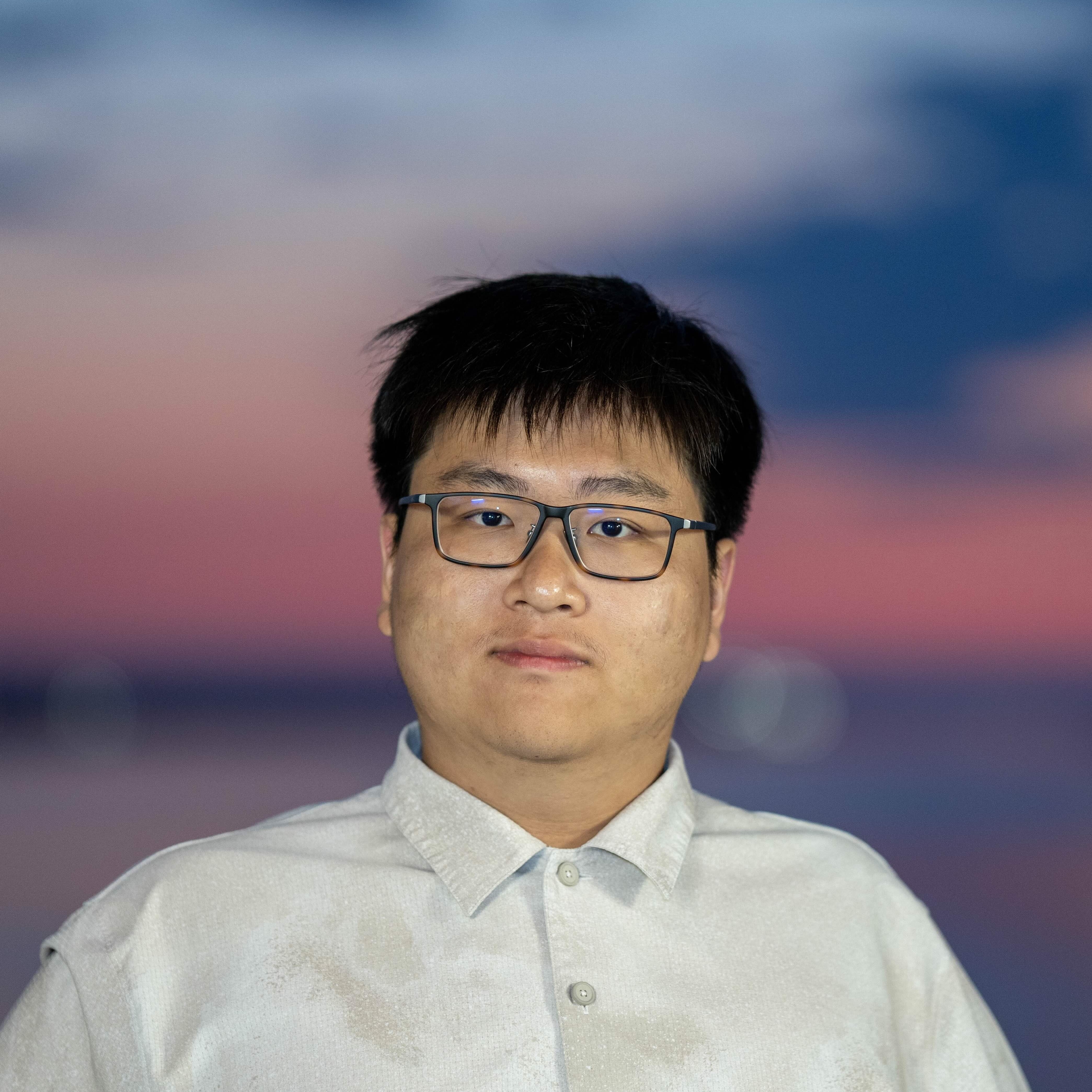
Guangyuan Jiang. Guangyuan is a PhD student at the MIT Brain and Cognitive Sciences. He is interested in languages in and about the mind —– the dynamic interplay between language, culture, and thought. Guangyuan seeks to build models of human language to uncover the core cognitive and computational principles that shape language, and to develop human-like machines to reverse-engineer the mind through language. [Website]
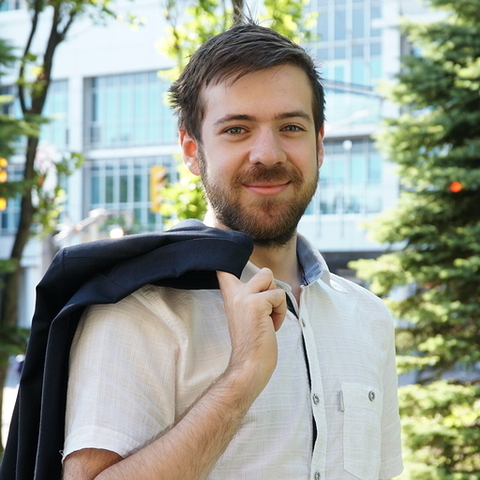
Ilia Sucholutsky. Ilia is a Faculty Fellow/Assistant Professor at the NYU Center for Data Science and an incoming Assistant Professor of Computer Science at Purdue. Previously, he was a postdoc in Computer Science with Tom Griffiths at Princeton University and a visiting scholar in BCS at MIT. His research broadly focuses on studying humans and machines in mutually informative ways to develop artificial thought partners, machines that think with people rather than instead of people. [Website]
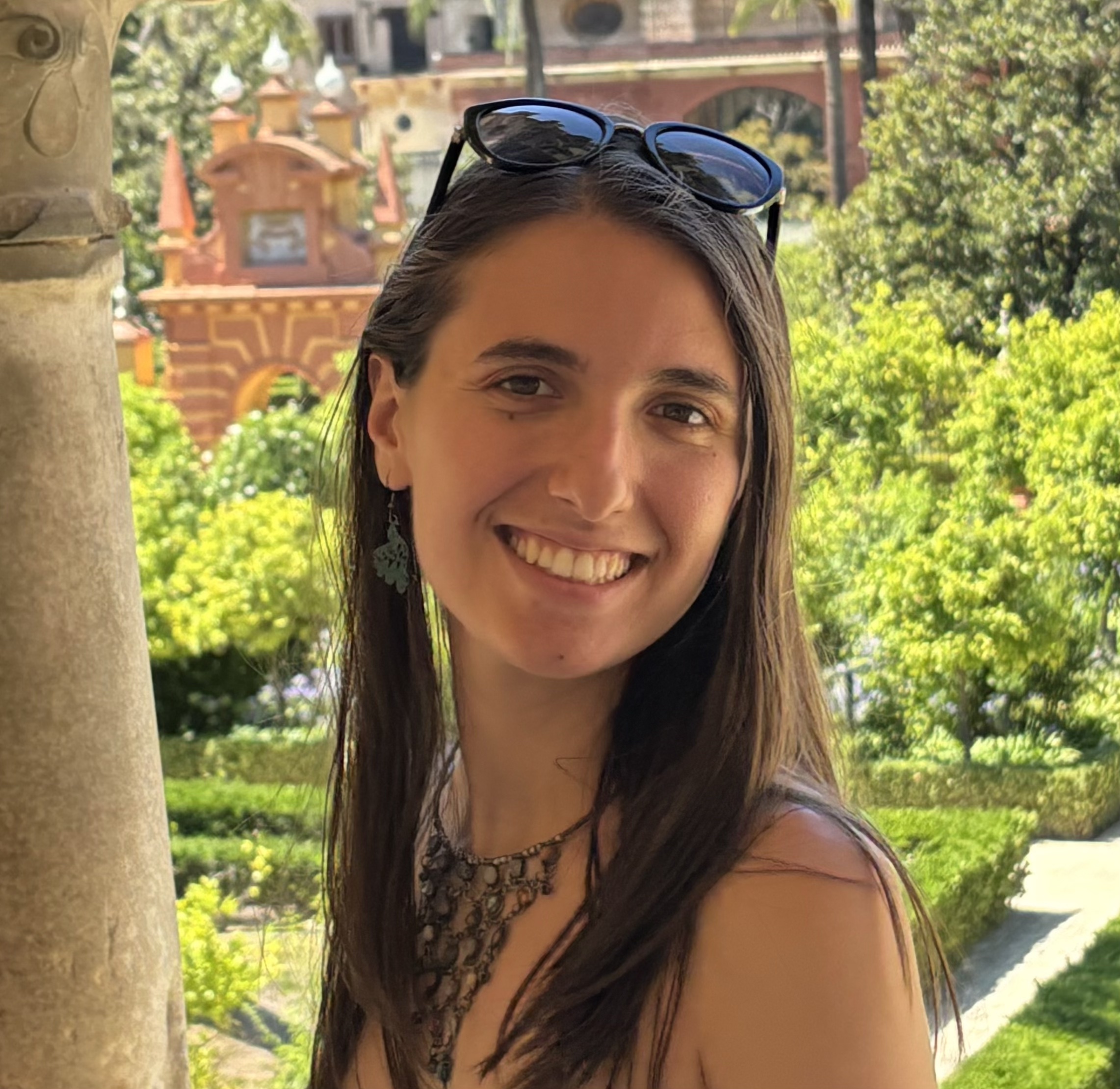
Ioana Marinescu. Ioana is a PhD student at the NYU Center for Data Science. She is broadly interested in neuro-symbolic approaches to improve reasoning and generalization, and is currently working on meta-learning. Prior to NYU, Ioana graduated summa cum laude from Princeton University with a Bachelor’s degree in Computer Science. She previously worked on inductive bias distillation into neural networks, symbolic regression, and noun compound understanding.
Ph.D. students
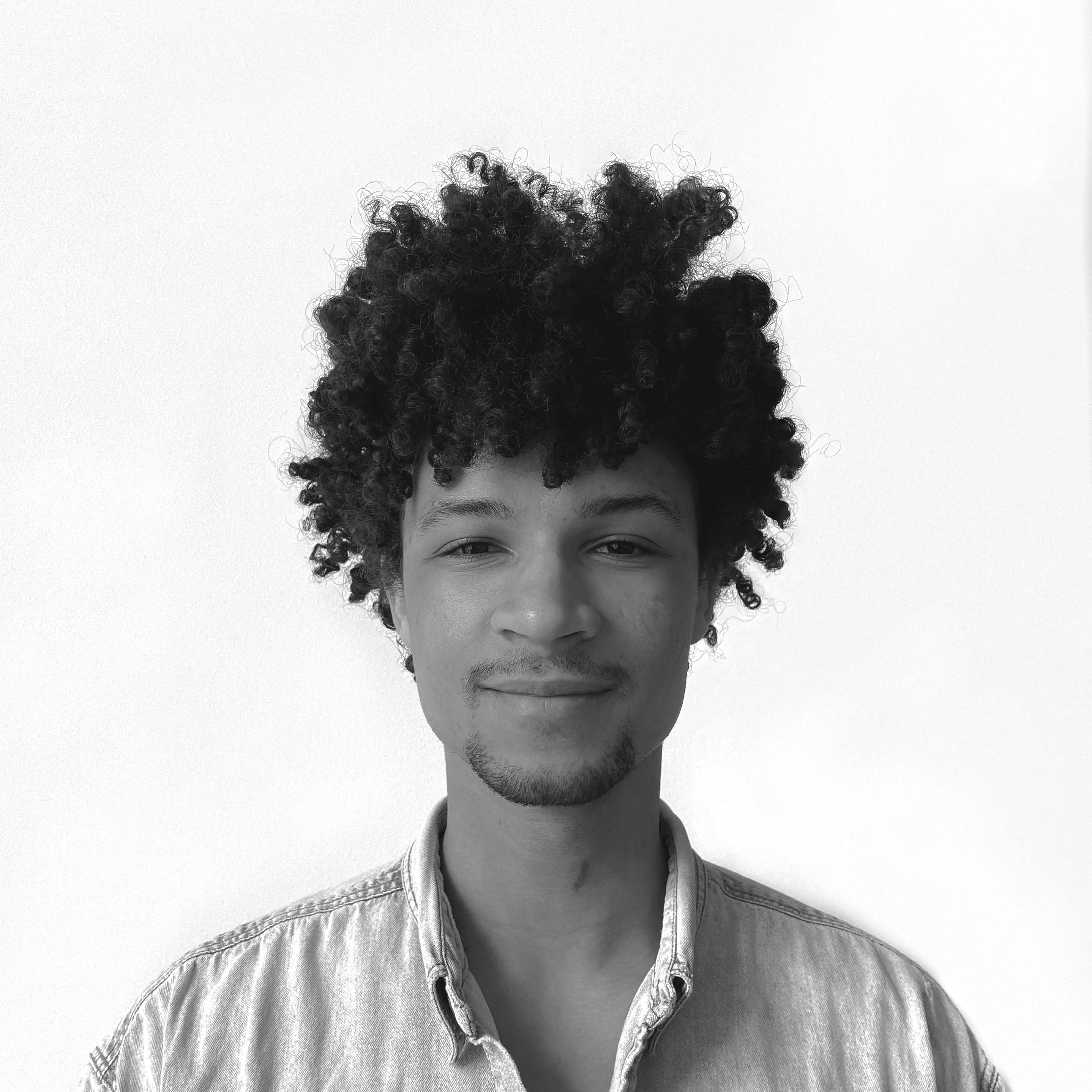
Solim LeGris. Solim is a Ph.D student in the Psychology department at NYU and is co-advised by Todd Gureckis and Brenden Lake. Before coming to NYU, he received his BASc in Honours Cognitive Science from McGill University and worked on modelling categorical perception and categorization difficulty in neural networks. Solim is interested in computational cognitive science, more specifically in understanding what makes humans capable of learning concepts efficiently and using them flexibly across a broad range of situations. He is generally interested in building computational models that can both increase our understanding of cognition and bring machines closer to human-like learning and thought. [Website]
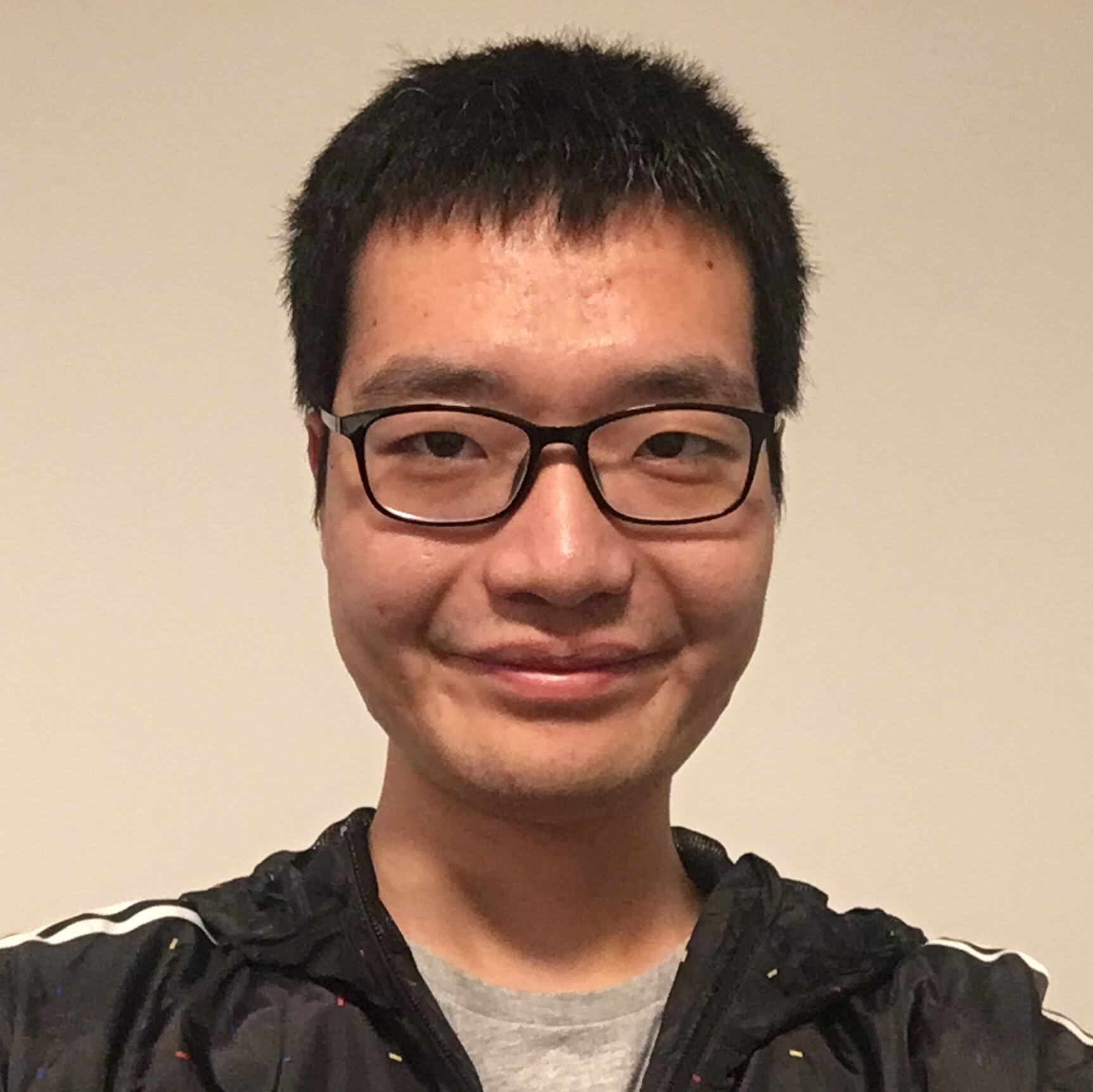
Wentao Wang. Wentao is a Ph.D. student at NYU’s Center for Data Science, working with Brenden Lake. Wentao received his Master’s degree in Computer Science at New York University Courant Institute of Mathematical Sciences in 2023. He received his BS in Computer Science from Peking University in 2020. He is broadly interested in the intersection of language language processing and cognitive science. In particular, he is interested in understanding what models have learned and building models that could generalize in human-like ways.
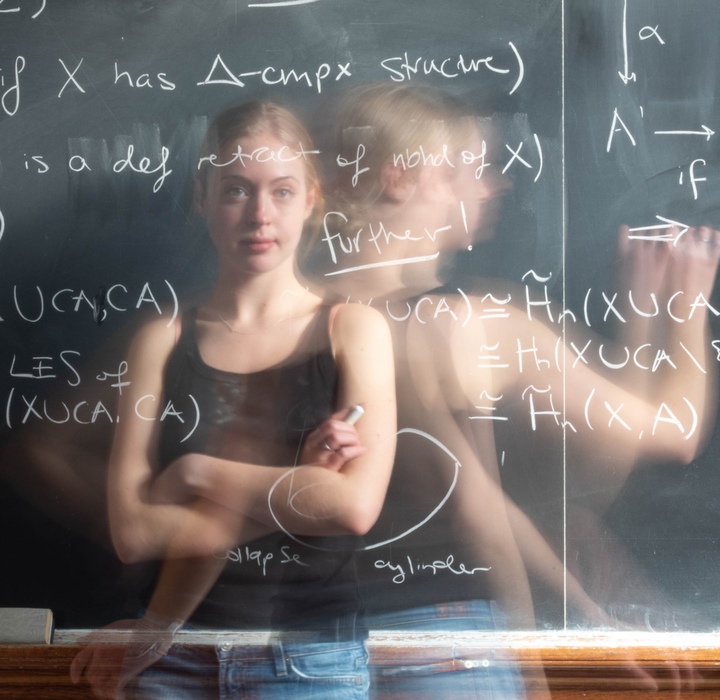
Phoebe Zeng. I am a Ph.D. student at Princeton’s Department of Computer Science. If math was erased from human memory, it seems likely we’d reinvent a similar mathematics. My research aims to interrogate the nature of this tight connection between human cognition and human mathematics, in hopes that it can teach us how to design artificial mathematicians. [Website]
M.S. and undergraduate students
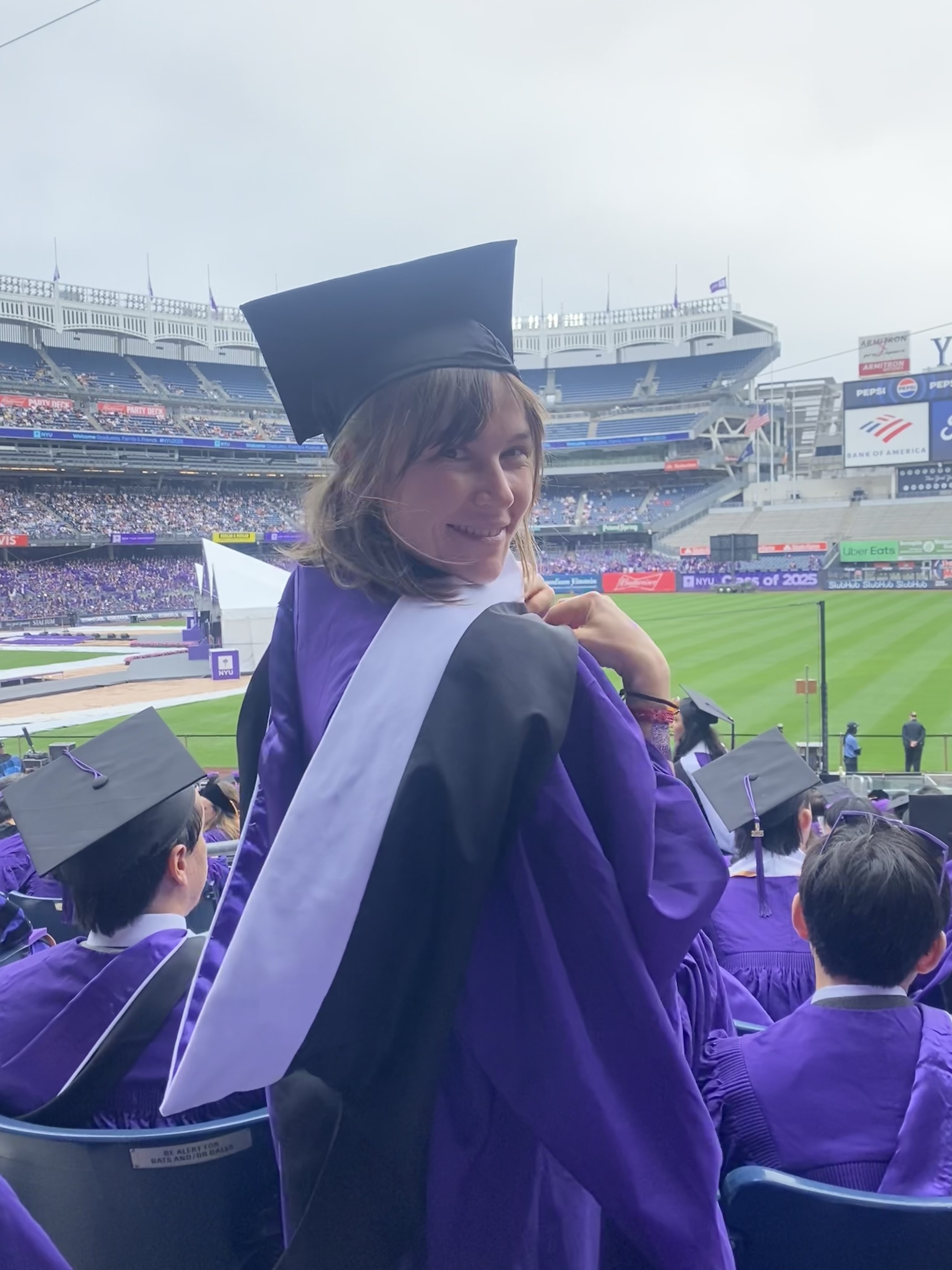
Hanna M. Dettki. Hanna is a Master’s student in Machine Learning at the University of Tübingen, currently working with Brenden Lake on her thesis research. She previously earned a Master’s in Psychology at NYU as a Fulbright scholar (2025), where she first joined Brenden’s lab and completed her NYU thesis together with Prof. Bob Rehder. She also holds a Bachelor’s degree in Cognitive Science from the University of Tübingen (2022). Hanna is broadly interested in the computational ingredients of intelligence — both human and artificial. She is particularly interested in questions such as: What enables humans to learn from just a few examples and generalize efficiently and flexibly to new situations? — Something today’s state-of-the-art AI systems still struggle with. Her current work focuses on causal reasoning in humans and large language models (LLMs). [Website]
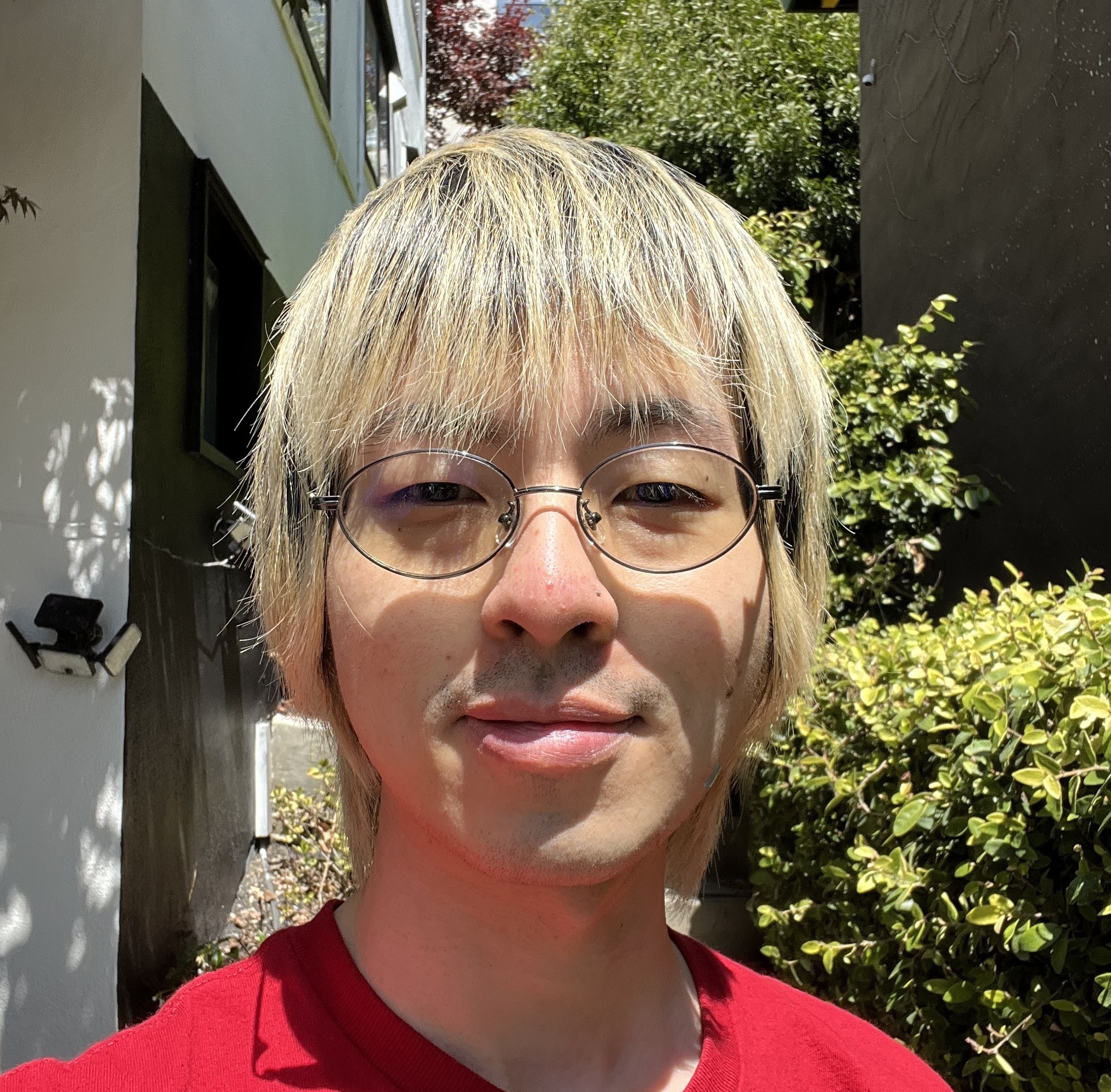
Yueh-Han “John” Chen. John is an M.S. student at NYU’s Center for Data Science, working with Brenden Lake and He He. His primary interest is AI safety: he aims to develop methods and evaluations that unite human cognition with machine learning so future AI systems remain safe and trustworthy. He is also mentored by Tomek Korbak from UK AISI during the Machine-Learning Alignment & Theory Scholars (MATS) program. Before NYU, John earned his bachelor’s degree in Data Science at UC Berkeley where he worked with Jacob Steinhardt on LLM forecasting. [Website]
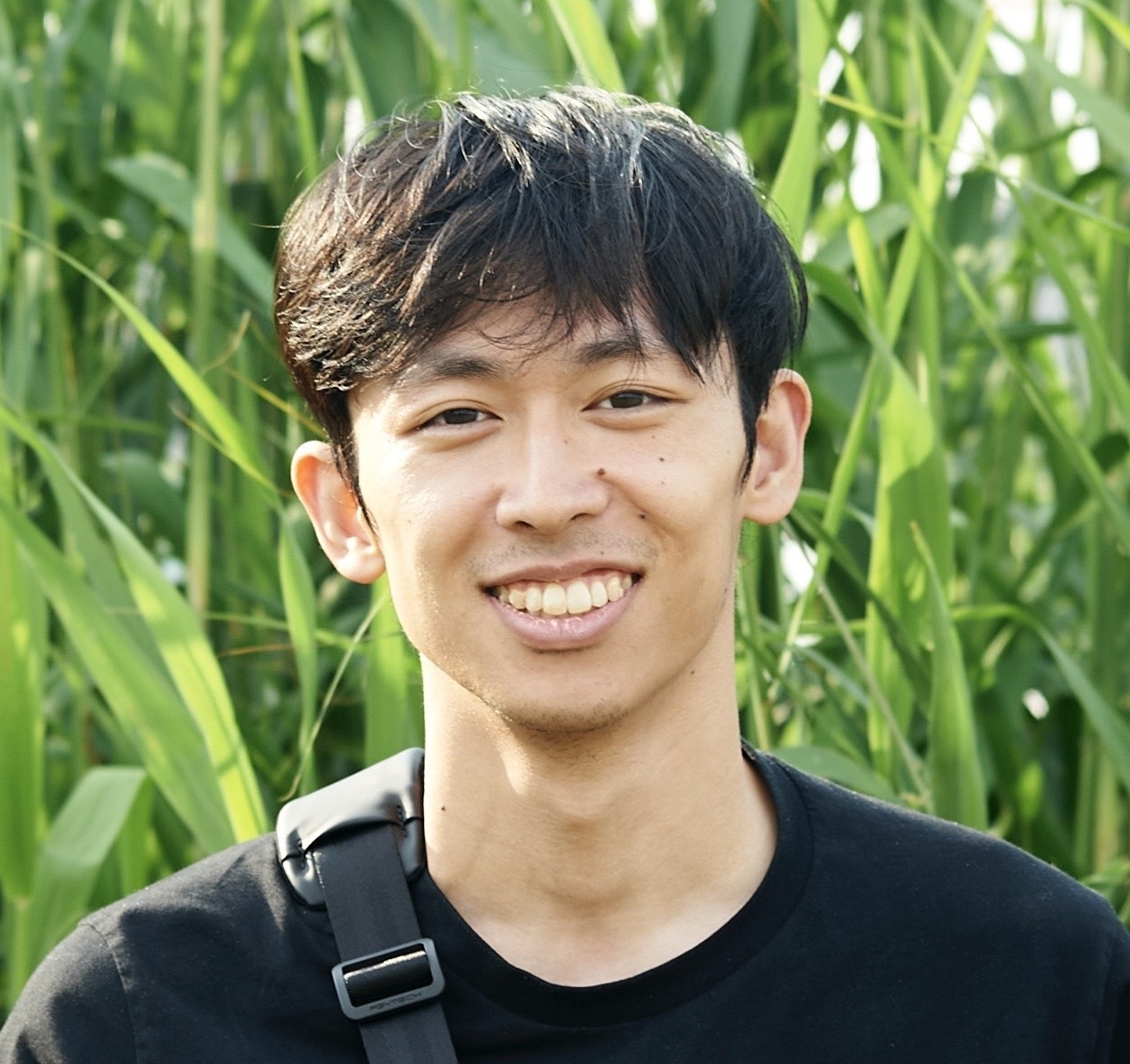
Jinran Jin. Jinran is a second-year Master’s student in Data Science at the Courant Institute of Mathematical Sciences at NYU. He received his BS in Statistics and Data Science from the University of California, Santa Barbara. He is broadly interested in the intersection of machine learning and cognitive science, particularly in how machines solve reasoning tasks and how this compares to human problem-solving approaches. His current research focuses on comparing the ways machines solve ARC tasks versus humans.
Lab alumni
- Guy Davidson. Ph.D. student (co-advised with Todd Gureckis), subsequently a Research Scientist at Meta.
- Nikky Lu. Undergraduate researcher, subsequently M.S. student at Brown University.
- Wai Keen Vong. Research Scientist, subsequently a Research Scientist at Meta.
- Yanli Zhou. Ph.D. student, subsequently at Meta.
- Alexa Tartaglini. undergraduate researcher and Junior Research Scientist, subsequently Ph.D. student at Stanford University.
- Wenjie Li. M.S. researcher and Assistant Research Scientist, subsequently Ph.D. student at Carnegie Mellon University.
- Yulu Qin. M.S. researcher and Assistant Research Scientist, subsequently Ph.D. student at Boston University.
- Emin Orhan. Research Scientist, subsequently at Oak Ridge National Laboratory.
- Reuben Feinman. Ph.D. student, subsequently at Common Sense Machines.
- Najoung Kim. lab affiliate, subsequently Assistant Professor at Boston University.
- Laura Ruis. Assistant Research Scientist, subsequently Ph.D. student at University College London.
- Kanishk Gandhi. M.S. researcher and Assistant Research Scientist, subsequently Ph.D. student at Stanford University.
- Vaibhav Gupta. M.S. researcher, subsequently Applied Scientist at Amazon.
- Ziyun Wang. M.S. researcher, subsequently R&D Engineer at Tencent.
- Anselm Rothe. Ph.D. student (co-advised with Todd Gureckis), subsequently postdoc at the Max Planck Institute.